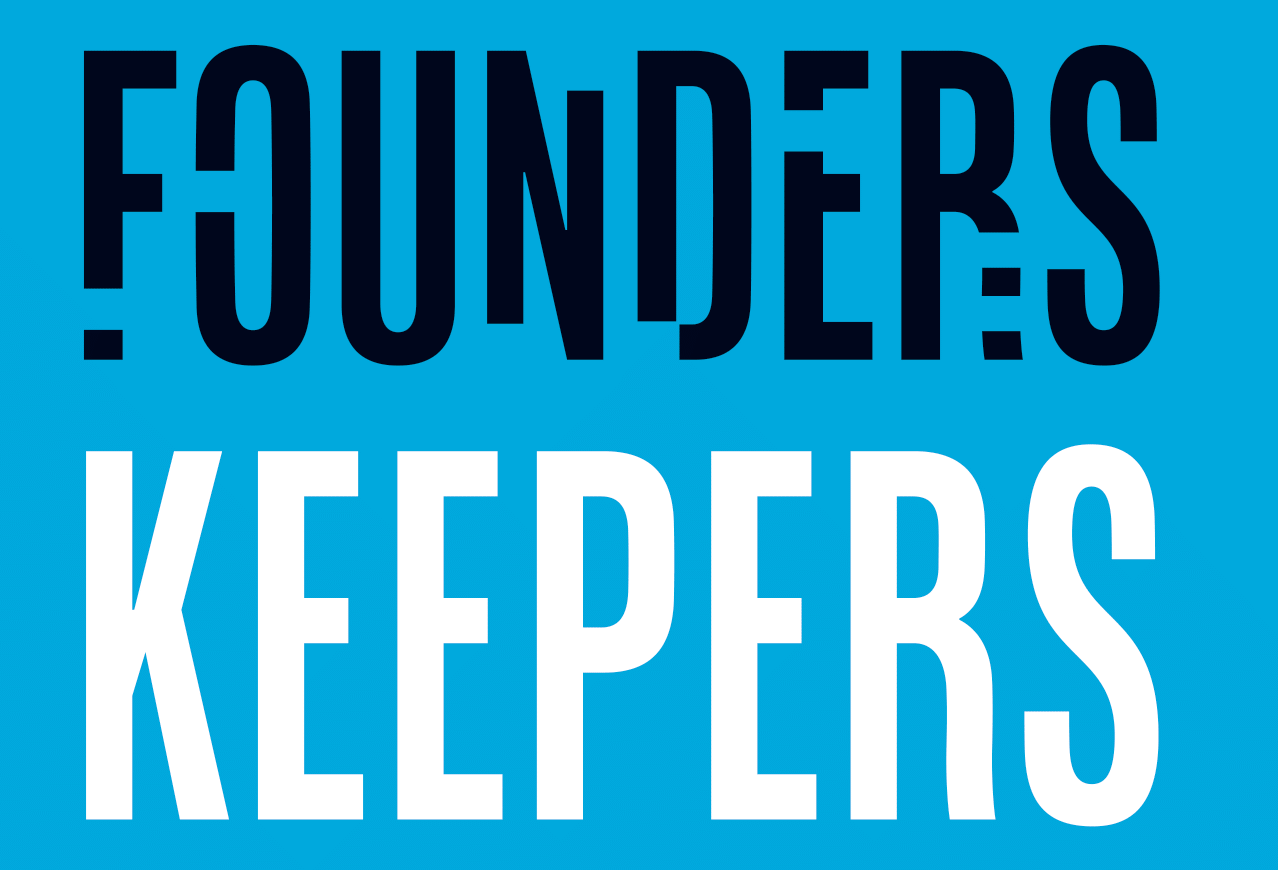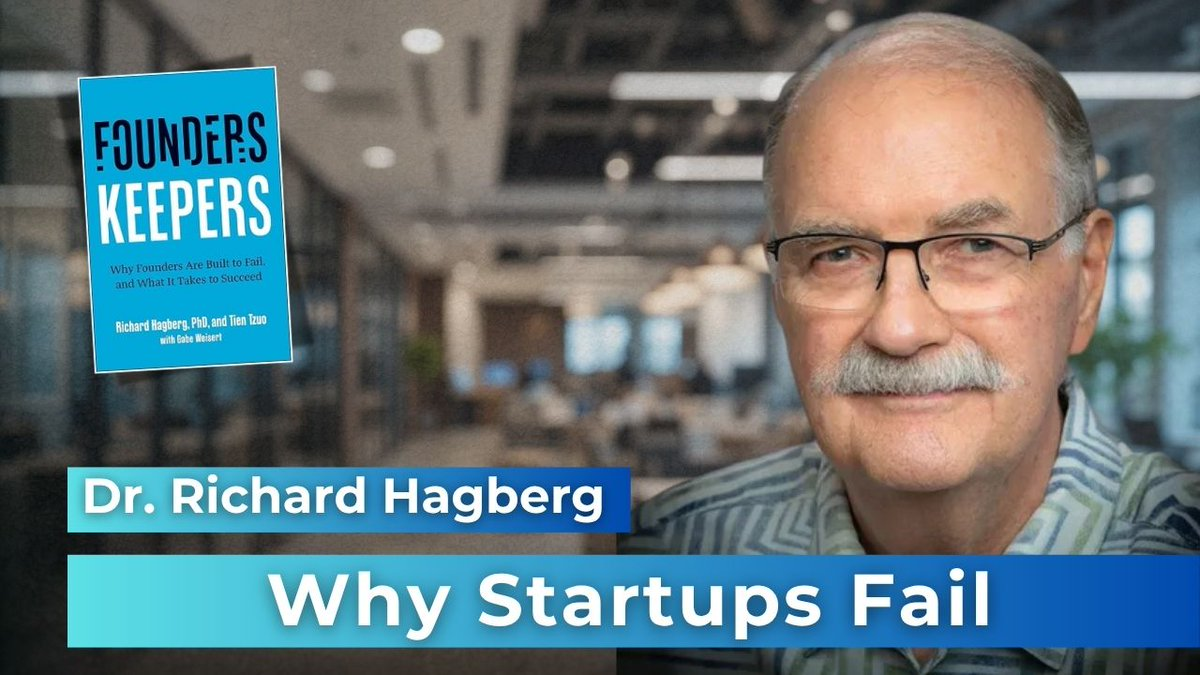Article
Dealing with Stress-- Managing the Unique Pressures of Growing a Startup
August 9, 2024

Scaling a startup is a thrilling yet daunting journey. The promise of growth brings with it the excitement of new opportunities, increased revenue, and greater market presence. However, this period of expansion also introduces a unique set of pressures and stressors that can overwhelm even the most resilient founders. Understanding and managing these stressors is crucial for maintaining personal well-being and ensuring the long-term success of the company.
The Excitement and Challenges of Scaling In the early stages of a startup, the focus is on survival—getting the product to market, securing initial funding, and attracting early customers. This phase is characterized by a scrappy, all-hands-on-deck mentality. As the startup begins to scale, the dynamics change dramatically. The stakes are higher, the challenges more complex, and the demands on the founder's time and energy increase exponentially.
Increased Complexity and Responsibility One of the primary stressors of scaling is the sheer increase in complexity. As the company grows, so do its operations. Founders must manage a larger team, more intricate processes, and a wider range of products or services. This complexity can lead to decision paralysis, as the founder struggles to keep up with the myriad of details requiring attention.
With growth also comes increased responsibility. Founders feel the weight of their employees’ livelihoods, the expectations of investors, and the pressures of market competition. Every decision carries more significant consequences, and the margin for error becomes slimmer. This heightened responsibility can lead to anxiety and self-doubt, as founders grapple with the fear of letting others down.
The Pressure to Perform Scaling often involves significant financial investment, either from venture capital, private equity, or reinvested profits. Investors expect returns, and this financial pressure adds another layer of stress. Founders are constantly under the microscope, with every move scrutinized and every setback questioned. The relentless drive to meet targets and milestones can be exhausting.
Moreover, the need to continuously innovate and stay ahead of competitors adds to the pressure. Founders must keep pushing the envelope, finding new ways to grow the business and delight customers. This unending pursuit of excellence can lead to burnout if not managed properly.
The Importance of Personal Grounding and Stress Management Given these intense pressures, it’s crucial for founders to prioritize their personal well-being. Managing stress effectively is not just about maintaining mental and physical health—it’s also essential for making sound business decisions and leading the company successfully.
The journey of scaling a startup is filled with highs and lows, but it’s also an opportunity for tremendous personal and professional growth. By embracing the challenges and focusing on holistic well-being, founders can navigate the complexities of scaling with confidence and resilience. Remember, the health of the founder is intrinsically linked to the health of the company. Taking care of yourself is not just a personal priority—it’s a business imperative.
The Excitement and Challenges of Scaling In the early stages of a startup, the focus is on survival—getting the product to market, securing initial funding, and attracting early customers. This phase is characterized by a scrappy, all-hands-on-deck mentality. As the startup begins to scale, the dynamics change dramatically. The stakes are higher, the challenges more complex, and the demands on the founder's time and energy increase exponentially.
Increased Complexity and Responsibility One of the primary stressors of scaling is the sheer increase in complexity. As the company grows, so do its operations. Founders must manage a larger team, more intricate processes, and a wider range of products or services. This complexity can lead to decision paralysis, as the founder struggles to keep up with the myriad of details requiring attention.
With growth also comes increased responsibility. Founders feel the weight of their employees’ livelihoods, the expectations of investors, and the pressures of market competition. Every decision carries more significant consequences, and the margin for error becomes slimmer. This heightened responsibility can lead to anxiety and self-doubt, as founders grapple with the fear of letting others down.
The Pressure to Perform Scaling often involves significant financial investment, either from venture capital, private equity, or reinvested profits. Investors expect returns, and this financial pressure adds another layer of stress. Founders are constantly under the microscope, with every move scrutinized and every setback questioned. The relentless drive to meet targets and milestones can be exhausting.
Moreover, the need to continuously innovate and stay ahead of competitors adds to the pressure. Founders must keep pushing the envelope, finding new ways to grow the business and delight customers. This unending pursuit of excellence can lead to burnout if not managed properly.
The Importance of Personal Grounding and Stress Management Given these intense pressures, it’s crucial for founders to prioritize their personal well-being. Managing stress effectively is not just about maintaining mental and physical health—it’s also essential for making sound business decisions and leading the company successfully.
- Developing Personal Grounding:
Personal grounding refers to the stability and resilience that come from having a strong sense of self and a balanced life. For founders, this means cultivating interests and relationships outside of work, maintaining a healthy work-life balance, and finding time for rest and rejuvenation. Activities like exercise, meditation, and spending time with loved ones can provide a much-needed counterbalance to the demands of scaling a startup. - Implementing Stress Management Techniques:
There are several strategies that founders can use to manage stress effectively. Time management techniques, such as prioritizing tasks, delegating responsibilities, and setting clear boundaries, can help reduce feelings of overwhelm. Mindfulness practices, such as meditation and deep-breathing exercises, can provide immediate relief from stress and improve overall mental health. Additionally, seeking support from mentors, coaches, or peer groups can offer valuable perspectives and emotional support. - Building a Supportive Team:
A strong, cohesive team can alleviate some of the pressures on the founder. By building a trusted leadership team and delegating key responsibilities, founders can share the burden of decision-making and execution. Creating a culture of collaboration and open communication also ensures that challenges are addressed collectively, rather than falling solely on the founder’s shoulders. - Maintaining Perspective:
It’s easy to get caught up in the day-to-day pressures of scaling, but maintaining perspective is crucial. Founders should regularly step back to assess the bigger picture, celebrate successes, and reflect on the progress made. This can help keep stress in check and remind founders of the purpose and vision that drive their efforts. - Embracing Flexibility and Adaptability:
The ability to adapt to changing circumstances is a critical skill for managing the stress of scaling. Founders should embrace flexibility, understanding that plans may need to be adjusted and that setbacks are a natural part of the growth process. This mindset not only reduces stress but also fosters a more resilient and agile organization.
The journey of scaling a startup is filled with highs and lows, but it’s also an opportunity for tremendous personal and professional growth. By embracing the challenges and focusing on holistic well-being, founders can navigate the complexities of scaling with confidence and resilience. Remember, the health of the founder is intrinsically linked to the health of the company. Taking care of yourself is not just a personal priority—it’s a business imperative.
share this
Related Articles
Related Articles

The Leadership Tightrope If you lead long enough, you start to realize something uncomfortable: everything that makes you effective also threatens to undo you. Your drive becomes impatience. Your confidence becomes stubbornness. Your empathy turns into guilt. The longer you lead, the more you realize that the job isn’t about choosing one trait over another — it’s about learning to carry both. That’s what maturity looks like in leadership. It’s not balance. It’s tension well managed. The False Comfort of Either/Or Most leaders crave clarity. We want rules. Playbooks. Certainty. Should I be tough or kind? Decisive or collaborative? Visionary or practical? The insecure part of the brain hates contradiction. It wants the “right answer.” But leadership lives in the messy middle — the place where both truths exist, and neither feels comfortable. The best leaders aren’t either/or thinkers. They’re both/and navigators. A Story from the Field I once coached a CEO who told me, “I’m torn between holding people accountable and being empathetic.” I said, “Why do you think those are opposites?” He paused, then laughed. “Because it’s easier that way.” Exactly. It’s easier to pick a lane than to learn how to drive in two at once. He eventually realized the real question wasn’t which side to choose, but when and how to lean into each. He became known as “the fairest tough boss in the building.” That’s the magic of integration — toughness with tenderness, vision with realism, clarity with compassion. Why Paradox Feels So Hard Contradictions feel like hypocrisy when you haven’t made peace with your own complexity. If you believe you have to be one consistent version of yourself — confident, decisive, inspiring — then every moment of doubt feels like fraud. But the truth is, great leaders are contradictory because humans are contradictory. You can be grounded and ambitious, humble and proud, certain and still learning. The work is not to eliminate the tension — it’s to get comfortable feeling it. The Psychology Behind It Our brains love binaries because they make the world simple. But complexity — holding opposites — is the mark of advanced thinking. Psychologists call this integrative complexity — the ability to see multiple perspectives and blend them into a coherent approach. It’s not compromise; it’s synthesis. It’s saying, “Both are true, and I can move between them without losing my integrity.” That’s where wisdom lives — in the movement, not the answer. Funny But True A client once told me, “I feel like half monk, half gladiator.” I said, “Congratulations. That means you’re leading.” Because that’s what the job demands: peace and fight, compassion and steel. If you can’t hold both, you end up overusing one until it breaks you. The Cost of One-Dimensional Leadership We’ve all worked for the “results-only” leader — brilliant, efficient, and emotionally tone-deaf. And the “people-first” leader — kind, loyal, and allergic to accountability. Both are exhausting. Both create lopsided cultures. When leaders pick a single identity — visionary, disciplinarian, nurturer, driver — they lose range. They become caricatures of their strengths. True greatness comes from emotional range, not purity. The Paradox Mindset Here’s how integrative leaders think differently: They value principles over preferences. They can be decisive without being defensive. They know empathy isn’t weakness and toughness isn’t cruelty. They trade perfection for adaptability. They’re the ones who can zoom in and out — from the numbers to the people, from the details to the meaning — without losing coherence. They’re not consistent in behavior. They’re consistent in values. That’s the difference. How to Practice Both/And Thinking Spot your overused strength. The strength that’s hurting you most is the one you lean on too much. If you’re decisive, try listening longer. If you’re compassionate, try being direct faster. Ask, “What’s the opposite quality trying to teach me?” Impatience teaches urgency; patience teaches perspective. You need both. Invite your opposite. Bring someone onto your team who balances your extremes — not a mirror, a counterweight. Hold paradox out loud. Tell your team, “This decision has tension in it — and that’s okay.” Modeling that normalizes complexity for everyone else. A Moment of Self-Honesty I’ve spent decades watching leaders chase “clarity” like it’s peace. But peace doesn’t come from eliminating tension. It comes from trusting yourself inside it. Once you accept that leadership will always feel contradictory, you stop fighting it — and start flowing with it. You don’t need to be the calmest, toughest, or most visionary person in the room. You just need to be the one who can stay whole while the world pulls you in opposite directions. Your Challenge This Week When you catch yourself thinking, “Should I be X or Y?” — stop. Ask instead, “How can I be both?” Then practice it in one small moment. Be kind and firm. Bold and humble. Fast and thoughtful. That’s where growth hides — in the discomfort between two truths. Final Word The best leaders aren’t balanced. They’re integrated. They’ve stopped trying to erase their contradictions and started using them as fuel. They’ve learned that leadership isn’t about certainty. It’s about capacity — the capacity to hold complexity without losing your center. That’s not chaos. That’s mastery
STAY UP TO DATE
GET PATH'S LATEST
Receive bi-weekly updates from the church, and get a heads up on upcoming events.
Contact Us










